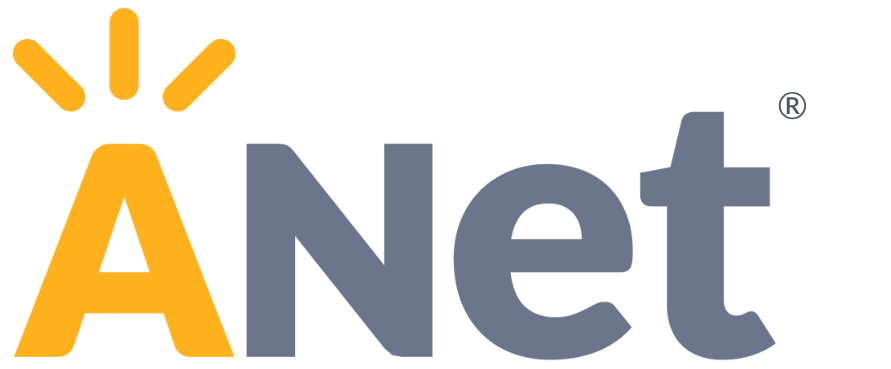by Sarah Tierney
Most of Isaac Castelaz’s professional development work doesn’t happen in a packed conference room or a post-observation debrief. It happens before he ever sets foot in a classroom to observe a lesson when he sits down to study and internalize the lesson himself.

“Focusing on preparation [for lessons] has completely changed the way I go about coaching teachers,” says Isaac, a school leader with the AUSL school management organization. “In the past, visiting classrooms was sort of like going to the movies: I had a general sense of what was going to happen; I knew the characters; but I had no idea how the movie would end. Studying a lesson ahead of time, completing the learning tasks in the lesson, and talking with the the teacher helps me become more than simply an audience member.”
Isaac’s 3-step process
Isaac’s preparation includes three key components: He studies the lesson, completes the learning tasks, and identifies potential student struggles.
First, he studies the lesson by himself in order to identify the learning goals and connections to the standards. He’ll review the language of the targeted standards and check to ensure that the rigor of the standards comes through in the lesson.
“I’ve found that when lessons are planned with student misconceptions in mind, we can offer strategic support for our students and learning improves. ”
Next, Isaac spends time problem-solving like one of his students. He literally picks up a pencil and completes the learning tasks they will face to familiarize himself with the content and experience the thinking students will do.
He solves math problems not only to build his own content expertise, but in order to anticipate where students might struggle. Isaac sees this as time well spent: “I’ve found that when lessons are planned with student misconceptions in mind, we can offer strategic support for our students and learning improves.”
Similarly, when leaders roll up their sleeves and engage in the work students are being asked to do, they also gain an appreciation for the challenges teachers face. With the understanding and empathy gained, they are equipped to help teachers make strategic decisions about support—what, when, and how—to ensure all students are progressing toward the goals of the lesson.
After completing his three-step prep routine, Isaac is ready to observe lessons with a keen focus on a limited number of priorities. As a result, he’s able to provide deeper insights and, ultimately, more powerful PD to teachers during debriefing conversations.
Developing leaders as well as teachers
The process has other benefits, too: “My content knowledge has grown as a result of this,” says Isaac. “And, as principal, my content knowledge should be deep and rich. I know my teachers feel more supported when their instructional leader has opinions about the content and can speak their language.” Not only do teachers benefit from having a leader that is a well-informed partner— when it comes time for that leader to give feedback, it carries more weight.
As leaders develop their own understanding of the expectations of the standards and the instructional strategies that can help teachers support students in meeting these expectations, the ripple effect is powerful. Teachers develop at an accelerated rate when their leaders face the challenging work of planning and instruction head-on, and aren’t afraid to open themselves up to learning.
Isaac's process of prepping for observations represents an embrace of a growth mindset. His advice to other school leaders determined to learn? “Be vulnerable. Admit your shortcomings and be open about them—but don't dwell on them. And always attach a ‘yet’ at the end of your sentence when you talk about them.”
Sarah is a director of new partnerships and former coach at ANet. She’s leading the Lessons From the Field project.
